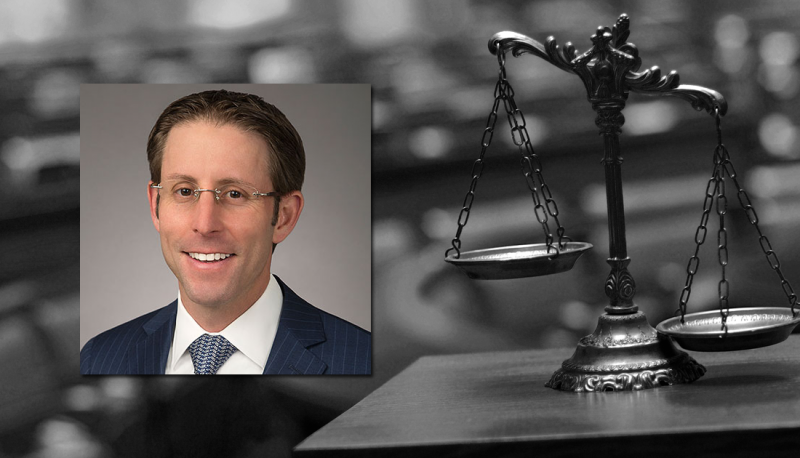“Confirmed Judges, Confirmed Fears” is a blog series documenting the harmful impact of President Trump’s judges on Americans’ rights and liberties. Cases in the series can be found by issue and by judge at this link.
Haneefah Nuriddin, a woman institutionalized for significant mental health problems, died under mysterious circumstances while she was supposed to have been in the custody of James Terry, a state public health employee. Her father Ben Porter sued Terry for violating Nuriddin’s constitutional rights, alleging she was left unsupervised even though she was a flight risk. But Trump judge Daniel Bress cast the deciding vote dismissing his suit, ruling that the employee had qualified immunity from being sued. The September 2020 case was Porter v. City and County of San Francisco.
Nuriddin had been involuntarily committed, but a court had given her permission to attend outside medical appointments with staff supervision. Terry was supposed to take her to such an appointment. Terry testified that he had failed to bring his cell phone with him, and that while he was using the medical office’s phone, Nuriddin ran off. He failed to immediately report her disappearance. Instead, according to his testimony, he looked for her himself, chased her when he saw her, but she got away. Only then did he report her disappearance to the institution. About 17 hours later, she was found dead at a construction site three miles away. Nuriddin’s father filed suit, arguing that Terry’s lapses indicated “deliberate indifference” to her safety, the legal standard for a constitutional violation.
With Trump judge Bress casting the deciding vote, the Ninth Circuit ruled that Terry had qualified immunity from being sued. The court held that Terry’s conduct might have been negligent, but it did not amount to “deliberate indifference” because her condition had been improving, she was not a known flight risk, and Terry had pursued her and reported her missing.
Judge Robert Dawson (sitting by designation) dissented, explaining that a trial was needed because there was a genuine and relevant factual dispute for a trial to resolve. Dawson noted that the pretrial record had only one source of information regarding the degree of Terry’s vigilance and timing of what had occurred: Terry himself. Nothing else in the record indicated whether Terry and Nuriddin had even arrived at the doctor’s office in the first place. Dawson explained that courts “should not simply accept what may be a self-serving account.” Instead, a question of fact remained for a jury to decide, and that would best be done by cross examination at a trial. However, because of Judge Bress, Nuriddin’s father will not have that chance.

